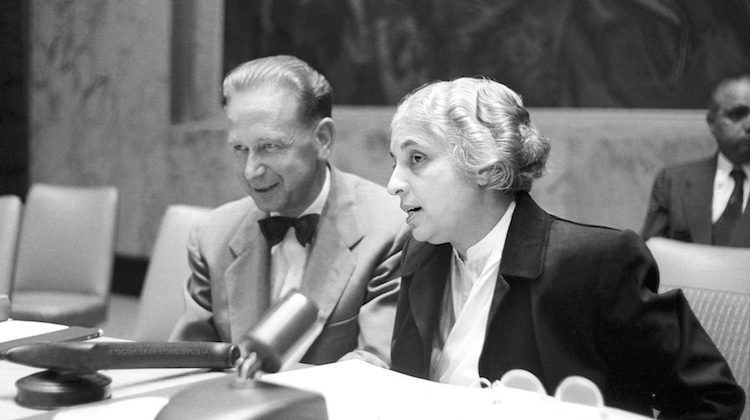By Lisa Vives
NEW YORK (IDN) — Fred Kajjube, aka Lumbuye, a controversial blogger, social media activist and critic of Ugandan President Yoweri Museveni, has been arrested in Turkey and extradited to Uganda where he was picked up by police at the airport. His whereabouts currently are unknown, according to several news reports,
Human rights and political activists have expressed fears for his safety.
“We know that, if he is handed over to Uganda he will not get a free and fair trial and because of some of the comments these government officials have made about him, it is clear he will be subjected to all these violations that political activists have been subjected to,” said David Lewis Rubongoya, Uganda’s National Unity Platform’s Secretary General.
While details about Fred Lumbuye’s arrest remain sketchy, the discussion has swiftly moved to issues surrounding his alleged crimes, though no one has been able to name them.
Uganda’s deputy foreign minister, Henry Okello Oryem, defended the forced extradition. “If he is arrested because of a crime he committed, then he deserves to be arrested because he committed a crime. Anybody who commits a crime in any country whatsoever, should pay the price for breaking the law including in Uganda… no one is above the law.”
Human rights lawyer, Gawaya Tegule, believes Lumbuye should be tried elsewhere and not in Uganda where, he says, the justice system “is not independent.”
“There will be no justice … between Turkey and here, we do not know what can happen to Lumbuye because Uganda is now known as a state that tortures its citizens … it’s time to be afraid,” Gawaya Tegule told the German news agency DW.
So far, information from Ugandans who spoke to DW, a German public state-owned international broadcaster, and posted on social media suggested the allegations against Lumbuye all stem from his criticism of President Yoweri Museveni’s government.
Last month President Museveni asked security agencies to deal with Ugandans in foreign countries who post fake news on social media that damages his image and that of the country.
Ugandan radio and digital journalist Kenneth Lukwago said it comes as no surprise as President Museveni has openly declared anyone criticizing his government “persona non grata.”
“Not so long ago, he did direct that such people be arrested,” Lukwago said.
Opposition lawmaker Muwadda Nkunyingi observed that it would be illegal to extradite Lumbuye from Turkey to Uganda since there is no bilateral or reciprocal treaty between the two countries that allows extradition.
While governments in Cameroon and Nigeria have recently violated international law by repatriating pro-independence leaders for trial, Lumbuye’s case will perhaps be the first in which a person is brought from outside of the African continent to stand trial because of their expressed opinion.
Wawa Jackson Nfor, who spent years in a Cameroonian jail for reporting and feels that he is still under constant surveillance, commented: “My advice to African governments is to take their hands off digital censorship. Digital journalism has come to stay. There is no justification for gagging the digital press, journalists are not the cause of governance problems we face.”
Cameroon has been ranked one of Africa’s world’s jailer of journalist according to Committee to Protect Journalists but the story is the same in other African countries — such as Nigeria, Uganda, Senegal, Chad, the Republic of Congo— where the crackdown on social media is fast becoming a trend which extends beyond bans on social media platforms to arrests and incarcerations.
Rwanda is also making use of legislation to crack down on freedom of expression. Laws have been extended to those publishing information on online platforms such as YouTube, while accusing them of more serious crimes relating to the unfortunate history of genocide.
“The fact that YouTubers are now being prosecuted is an indication that it is an attempt to undermine free speech other than serious allegations,” said Gonzaga Muganwa, the former Executive Secretary of the Rwanda Journalists Association. [IDN-InDepthNews — 09 August 2021]
Photo: Ugandan President Museveni (left) and blogger Fred Lumbuye (right). Source: Boom.Ug
IDN is the flagship agency of the Non-profit International Press Syndicate.
Visit us on Facebook and Twitter.
We believe in the free flow of information. Republish our articles for free, online or in print, under Creative Commons Attribution 4.0 International, except for articles that are republished with permission.

